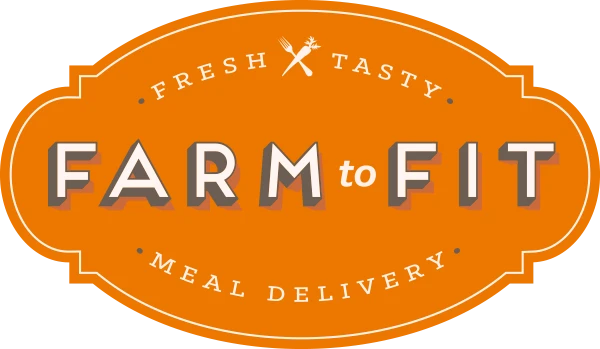Is Protein Powder Good For You?
Posted on
Health risks and benefits of protein powder.

What’s protein powder made of?
Protein powder is a dietary supplement usually derived from plants, eggs, or dairy. Pure protein is isolated and extracted from foods like peas, soy beans, or milk in a powdered form through various processes. Most protein powders also contain thickening agents for texture, artificial flavors and added sugar for taste, and sometimes even vitamins and minerals as added nutritional value.
What are the benefits of protein powder?
Above all else, protein powder is convenient. Whether as a dietary supplement or a meal replacement, protein shakes or powder added to a smoothie can be a quick and easy way to add a measured amount of protein to your diet. Since they’re easy to mix and transport anywhere, you can time your protein intake around your workout.
Studies show that consuming protein before a workout prevent your body from using the protein stored in your muscles, and consuming after exercise encourages muscle healing and growth.

Do you need protein powder?
Unless you’re a vegan, a high-intensity athlete, recovering from surgery, or an older adult with reduced appetite, you most likely meet or exceed your daily recommended protein intake through your daily meals.
To estimate how much protein you need daily, take your weight in kilograms and multiply it by 1.2. Your result is about how many grams of protein you should eat per day. On average, women should consume 46 grams of protein per day, and men 56 grams. For scale, a 2oz chicken breast has about 17 grams of protein, while one scoop of protein powder may contain anywhere between 10-30 grams.
Want to pump up your protein without purchasing powders? Order delicious high-protein, low-calorie meals from Farm to Fit. Serving fit meal delivery to Portland and the surrounding areas since 2011.
What are the risks and drawbacks of using protein powder?
Unlike whole foods, many protein powders lack essential fiber or other nutrients. If you’re relying on protein powder or shakes for most of your meals, you may end up missing necessary vitamins for your optimal health.
Protein powder can also cause digestive issues, especially in those with dairy allergies if they’re consuming milk-based protein.
Moreover, if you’re using protein powder to supplement your existing diet, you may be loading yourself up with added sugars and extra carbs. Many people accidentally gain fatty weight instead of muscle if consuming too much protein on a regular basis.
If you’re overdoing your daily dose of protein, you may also be putting yourself at an elevated risk of osteoporosis or liver damage.
Additionally, protein powders are not required to receive FDA or DEA approval, so there’s no way to know for sure if the supplement contains what the label says. This also means that some protein powders are less careful than others when it comes to contaminants, as there are few regulatory bodies to check the safety of said supplements.
A recent study from the Clean Label Project found many protein powders contained unsafe levels of heavy metals (lead, mercury, arsenic), BPA, and pesticide residue. These contaminants can come from both the farming and manufacturing process.

How should you get your protein?
By eating a healthy diet of whole foods, most people consume more than enough protein for their daily needs. Whether your goals are weight loss, body maintenance, or muscle growth, natural foods are still the preferred source of protein. If you’re vegan, a high-intensity athlete, or dealing with appetite issues, talk to a healthcare professional to see if protein powder supplements are appropriate for you. When searching for protein powders, pick a supplement with little to no added flavors or sugars.
